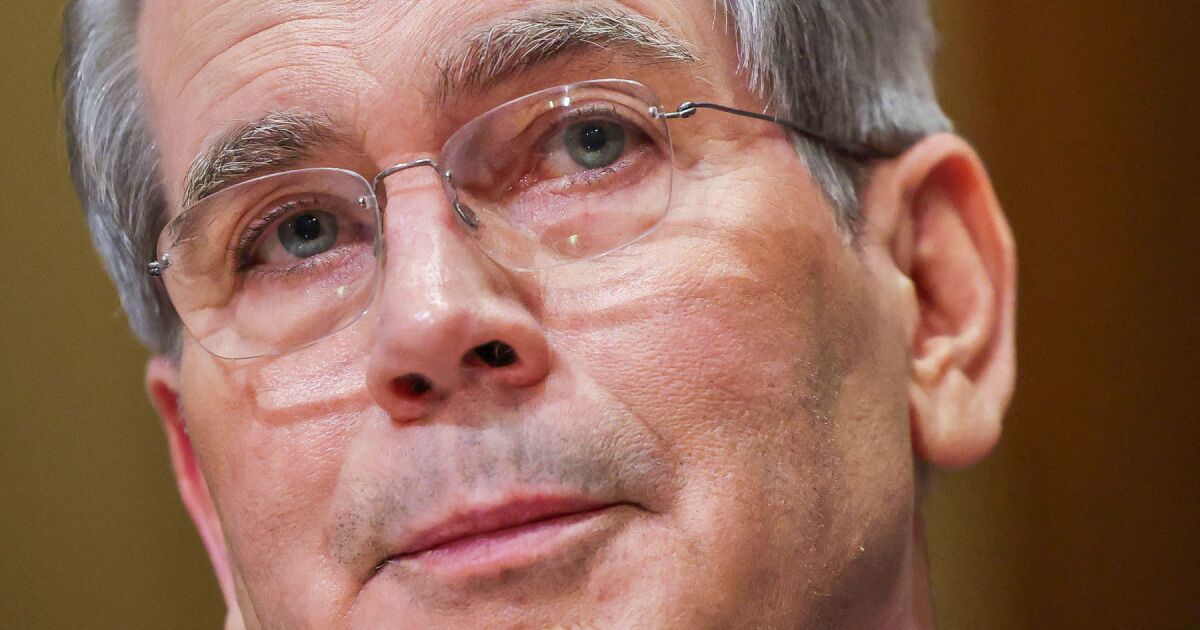The Republican candidate, who won the presidential election on November 5, plans to perpetuate the tax cuts approved during his first term, which expire in 2027, and even increase them.
He also wants to impose tariffs of between 10% and 20% on all products entering the United States, and even between 60% and 100% on those from China.
In recent weeks he has threatened to 25% tariffs on products from Mexico and Canada which are part of the North American free trade agreement T-MEC, negotiated and signed during his first term.
Another objective is to reduce federal spending, at a time when the public deficit is expected to exceed 7% of GDP this year.
The president-elect has already announced his intention to reduce aid for renewable energy, as well as some provisions of the Inflation Reduction Act (IRA), the green plan of outgoing president, Joe Biden.
“The federal government has a big spending problem,” Bessent estimated in his speech in the Senate.
“We have to work to put our house in order and adjust internal public spending, which has increased more than 40% in the last four years,” he stated.
Trump chose him as Treasury secretary in late November. Bessent’s appointment is likely to reassure markets, which know him well as an asset manager through his investment company, Key Square Capital Management.
A specialist in currency and debt markets, analysts consider him well prepared to face the debt wall that the federal government must face.
This staunch defender of free trade believes that the inflationary effects of tariffs could be null, especially if they are introduced gradually.















